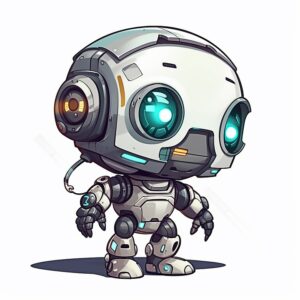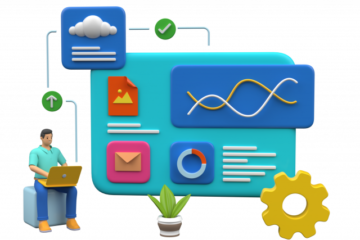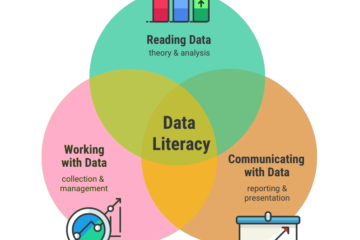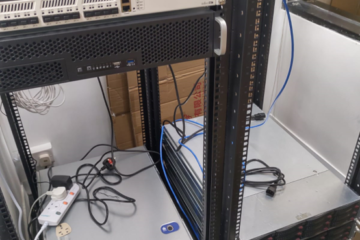Real-World Applications of Artificial Intelligence across Industries: User-Cases and Impact
Introduction:
Artificial Intelligence (AI) has emerged as a transformative technology that is reshaping industries across the globe. From healthcare and finance to manufacturing and transportation, AI is revolutionizing processes, improving efficiency, and enabling new capabilities. In this article, we will explore the real-world applications of AI in various industries and discuss their user-cases, highlighting the impact they have made.

Metal Ai Generated Style Robot Steampunk Cyborg
Healthcare Industry:
AI-based medical imaging analysis for early disease detection and diagnosis.
Virtual assistants for patient monitoring, appointment scheduling, and personalized care.
Drug discovery and development using AI algorithms to accelerate the process.
Finance and Banking:
Fraud detection and prevention through AI-powered anomaly detection algorithms.
Robo-advisors for personalized investment advice and portfolio management.
AI-driven chatbots for customer support and query resolution.
Manufacturing and Supply Chain:
Predictive maintenance of machinery and equipment to reduce downtime and improve efficiency.
Autonomous robots for warehouse operations and inventory management.
Demand forecasting and optimization using AI algorithms to streamline the supply chain.
Retail and E-commerce:
Personalized product recommendations based on customer behavior and preferences.
AI-powered chatbots for customer service and order tracking.
Computer vision technology for cashier-less stores and automated checkout.
Transportation and Logistics:
Autonomous vehicles and drones for transportation and delivery.
AI-based route optimization to minimize fuel consumption and reduce transportation costs.
Predictive maintenance of vehicles to enhance safety and operational efficiency.
Energy and Utilities:
AI algorithms for energy load forecasting and optimization.
Smart grid systems for efficient energy distribution and management.
Predictive maintenance of infrastructure to reduce downtime and maintenance costs.
Education:
Intelligent tutoring systems for personalized learning experiences.
Automated grading and feedback systems to enhance efficiency and provide timely assessments.
Natural language processing for language learning and translation.
Agriculture:
AI-enabled precision farming techniques for optimized resource allocation.
Crop disease detection and monitoring using computer vision and machine learning.
Autonomous drones for crop monitoring and spraying.
Media and Entertainment:
AI-powered content recommendation systems for personalized entertainment experiences.
Virtual reality (VR) and augmented reality (AR) applications for immersive media experiences.
Automated video and audio editing using AI algorithms.
Government and Public Services:
AI-driven chatbots for citizen support and query resolution.
Predictive analytics for crime prevention and law enforcement.
AI-powered systems for public health monitoring and disease outbreak detection.
Conclusion:
The real-world applications of AI are vast and span across numerous industries, bringing about transformative changes and unlocking new possibilities. From healthcare and finance to manufacturing and transportation, AI is enhancing efficiency, improving decision-making, and delivering personalized experiences. As AI continues to advance, we can expect further innovation and adoption across industries, ultimately shaping the future of work and society as a whole.


